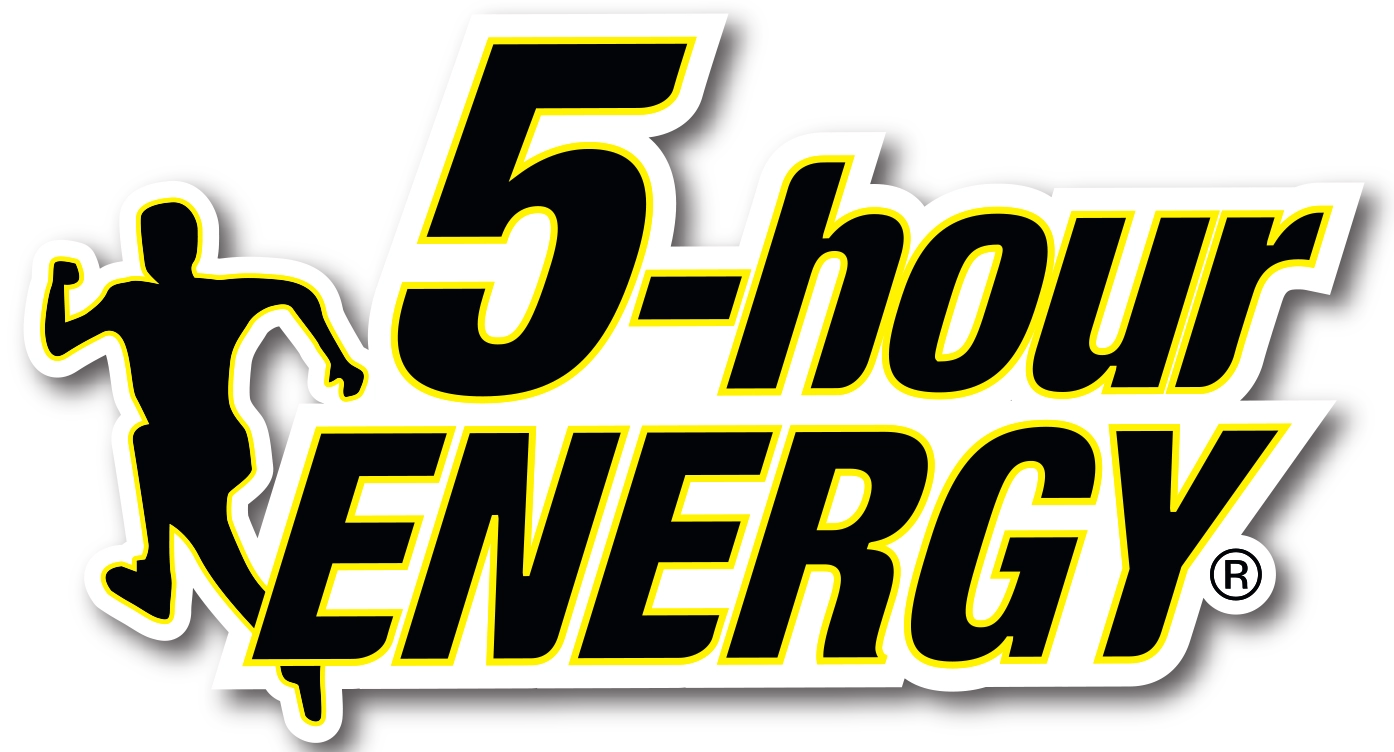- 22 Sep 2025
- Blog
5 Ways to Stop Feeling Sleepy When Studying

If you often find yourself feeling sleepy when studying, you’re not alone. Long study sessions can lead to mental fatigue, reduced concentration, and even poor information retention. Fortunately, there are various strategies to help you stay alert, focused, and productive. Here are 5 to try out at your next study session:
1. Optimise Your Study Environment
Your surroundings play a major role in how alert you feel. Poor lighting, warm temperatures, and clutter can make you feel drowsy. Research shows that bright, cool lighting can help improve alertness and cognitive performance.1 Likewise, cooler room temperatures (around 20–22°C) are more conducive to staying awake compared to warmer settings.2
Tip: Ensure that your study environment is optimised for productivity: Choose a well-lit area that has good ventilation and shelter from direct sunlight. Additionally, keep your desk and workspace organised, to prevent unnecessary clutter that might distract you from your work.
2. Take Short, Active Breaks
Sitting for hours can slow your circulation and make you feel sluggish. Studies have found that brief bouts of light physical activity — such as stretching or walking — can improve energy levels and reduce sensations of fatigue.3
Tip: For every 45–60 minutes of studying, get up and move for 2–5 minutes. Even simple stretches or a quick walk around your home can help reset your energy levels.
3. Stay Hydrated and Fuelled
Dehydration is a surprisingly common cause of fatigue, even at mild levels.4 Staying regularly hydrated is essential for maintaining blood flow, delivering oxygen to the brain, and supporting mental clarity. In addition, avoiding heavy, carb-rich meals before study sessions can also be a good idea, as they can cause a post-meal dip in energy.5
Tip: Keep a water bottle nearby and keep light, balanced snacks like fruit, yoghurt, or nuts on hand, in case you need to refuel midway through a long study session.
4. Switch Between Study Techniques
Monotony can make your brain switch to autopilot, increasing the risk of drowsiness. Research on learning styles suggests that varying study methods — such as alternating between reading, note-taking, summarising aloud, and practising with flashcards — can boost engagement and retention.6 This keeps your mind stimulated and less likely to drift into fatigue.
Tip: Try break-taking techniques such as the increasingly popular Pomodoro method. These techniques advocate breaking up study sessions into smaller, more manageable chunks—for example, taking a 5-minute break for every 25 minutes of studying. This allows you to keep motivation high while minimising fatigue.
5. Use an Energy Boost Wisely
When deadlines loom and your eyelids feel heavy, an energy boost can help you power through. Caffeine, in moderate doses, has been shown to improve alertness, reaction time, and mental performance.7
Tip: Consider keeping a few shots of 5-hour ENERGY® on hand when preparing for long study sessions. Each shot is designed to give you an immediate lift— especially for those crunch sessions where you just need an extra boost to get locked in.
References
1. Viola, A. U., James, L. M., Schlangen, L. J., & Dijk, D. J. (2008). Blue-enriched white light in the workplace improves self-reported alertness, performance and sleep quality. Scandinavian Journal of Work, Environment & Health, 34(4), 297–306.
2. Lan, L., Wargocki, P., Wyon, D. P., & Lian, Z. (2011). Effects of thermal discomfort in an office on perceived air quality, SBS symptoms, physiological responses, and human performance. Indoor air, 21(5), 376–390.
3. Puetz T. W. (2006). Physical activity and feelings of energy and fatigue: epidemiological evidence. Sports medicine (Auckland, N.Z.), 36(9), 767–780.
4. Popkin, B. M., D’Anci, K. E., & Rosenberg, I. H. (2010). Water, hydration, and health. Nutrition reviews, 68(8), 439–458.
5. Benton, D., & Parker, P. Y. (1998). Breakfast, blood glucose, and cognition. The American journal of clinical nutrition, 67(4), 772S–778S.
6. Weinstein, Y., Madan, C. R., & Sumeracki, M. A. (2018). Teaching the science of learning. Cognitive Research: Principles and Implications, 3(1), 2.
7. McLellan, T. M., Caldwell, J. A., & Lieberman, H. R. (2016). A review of caffeine’s effects on cognitive, physical and occupational performance. Neuroscience & Biobehavioral Reviews, 71, 294–312.
